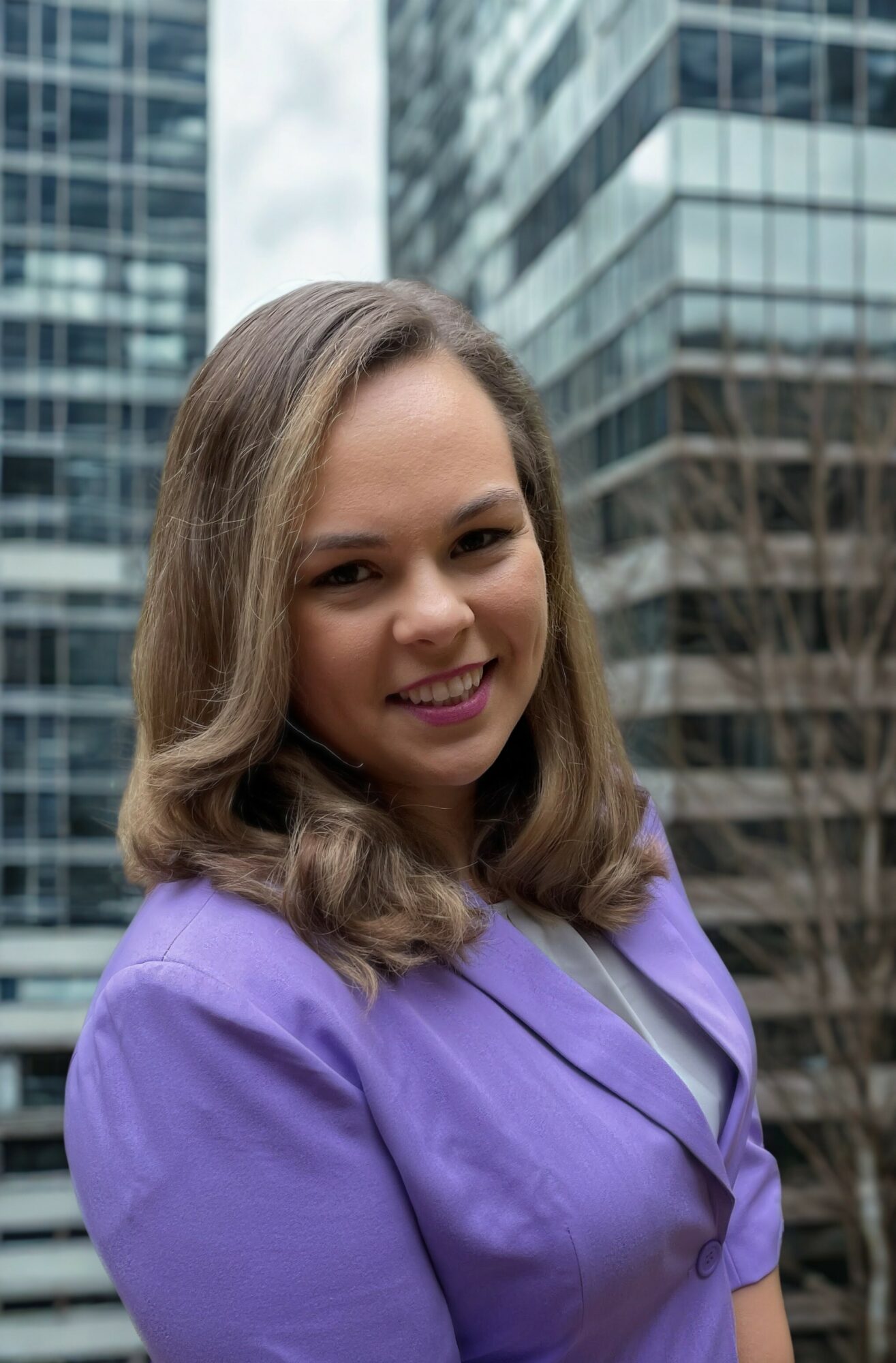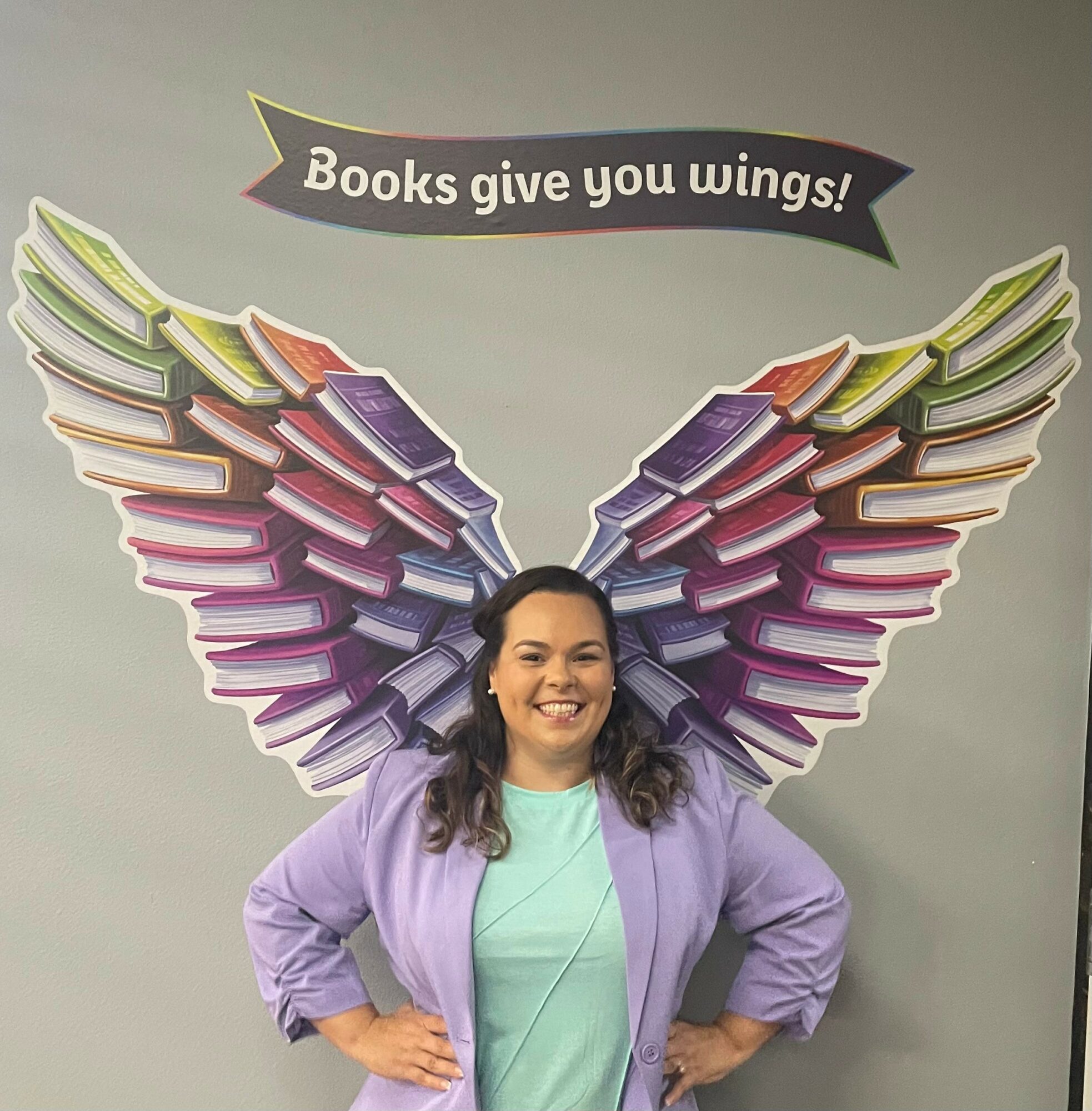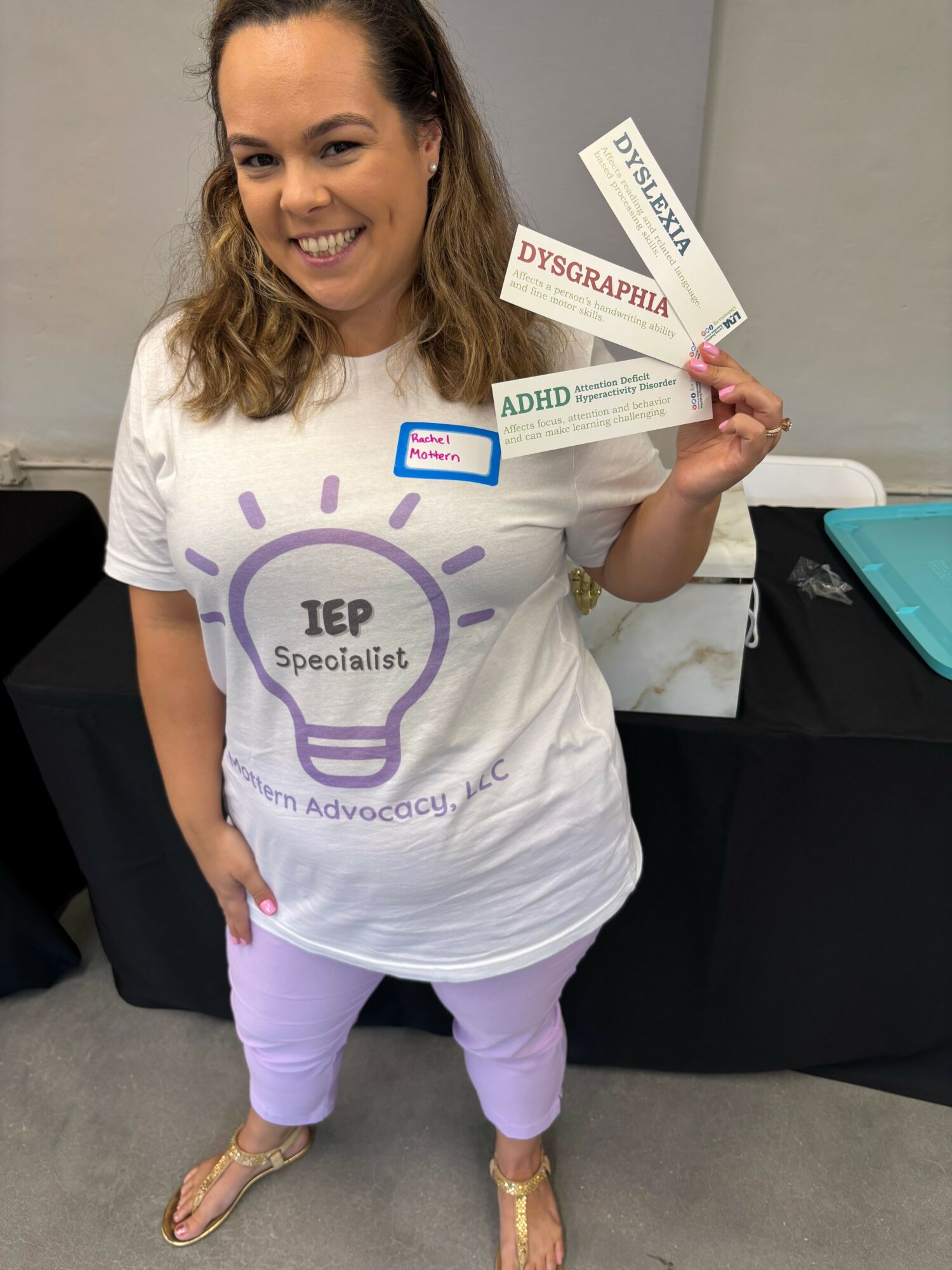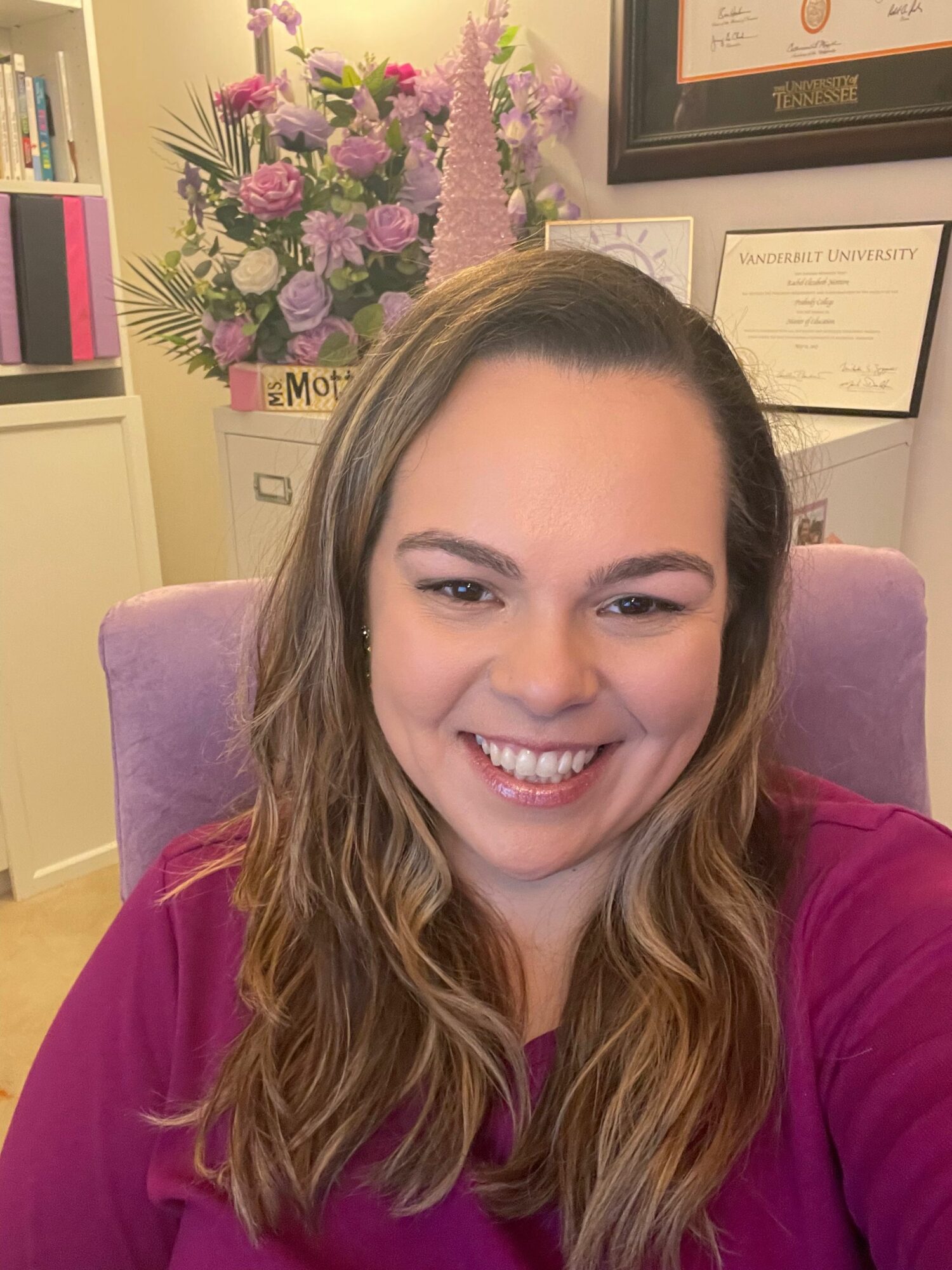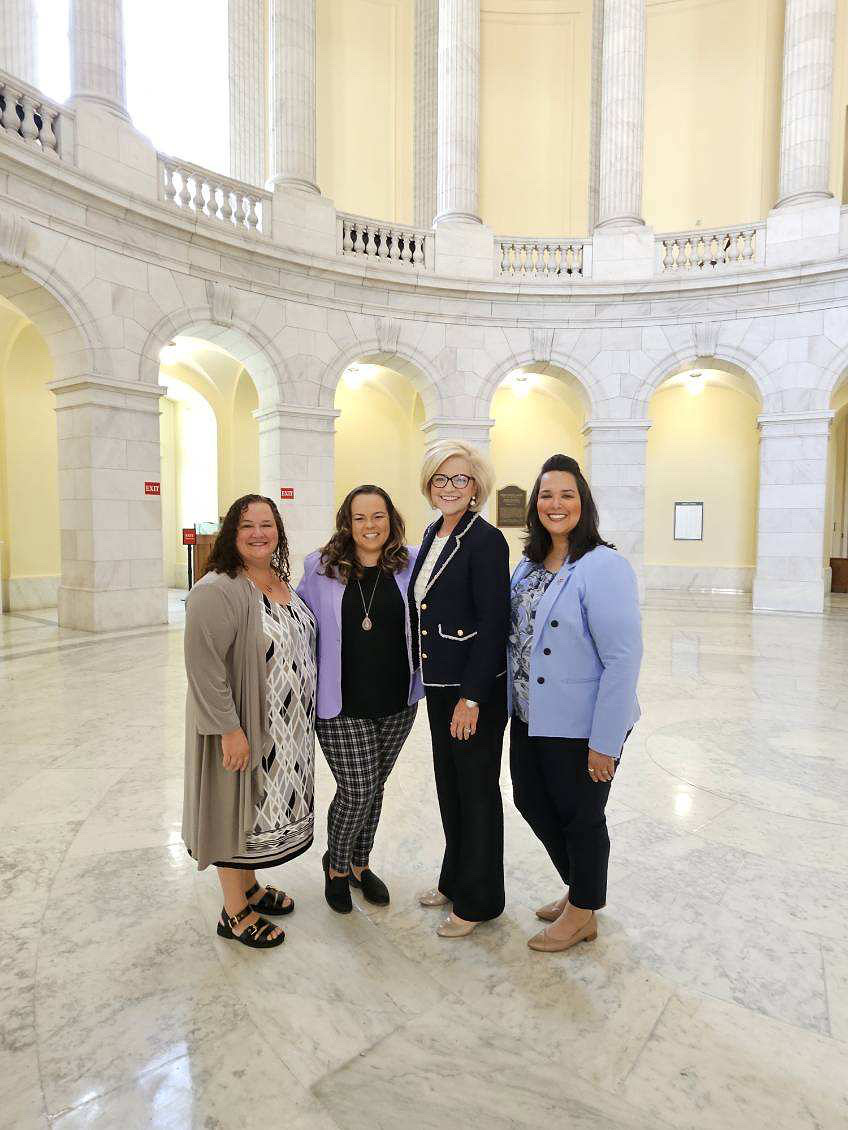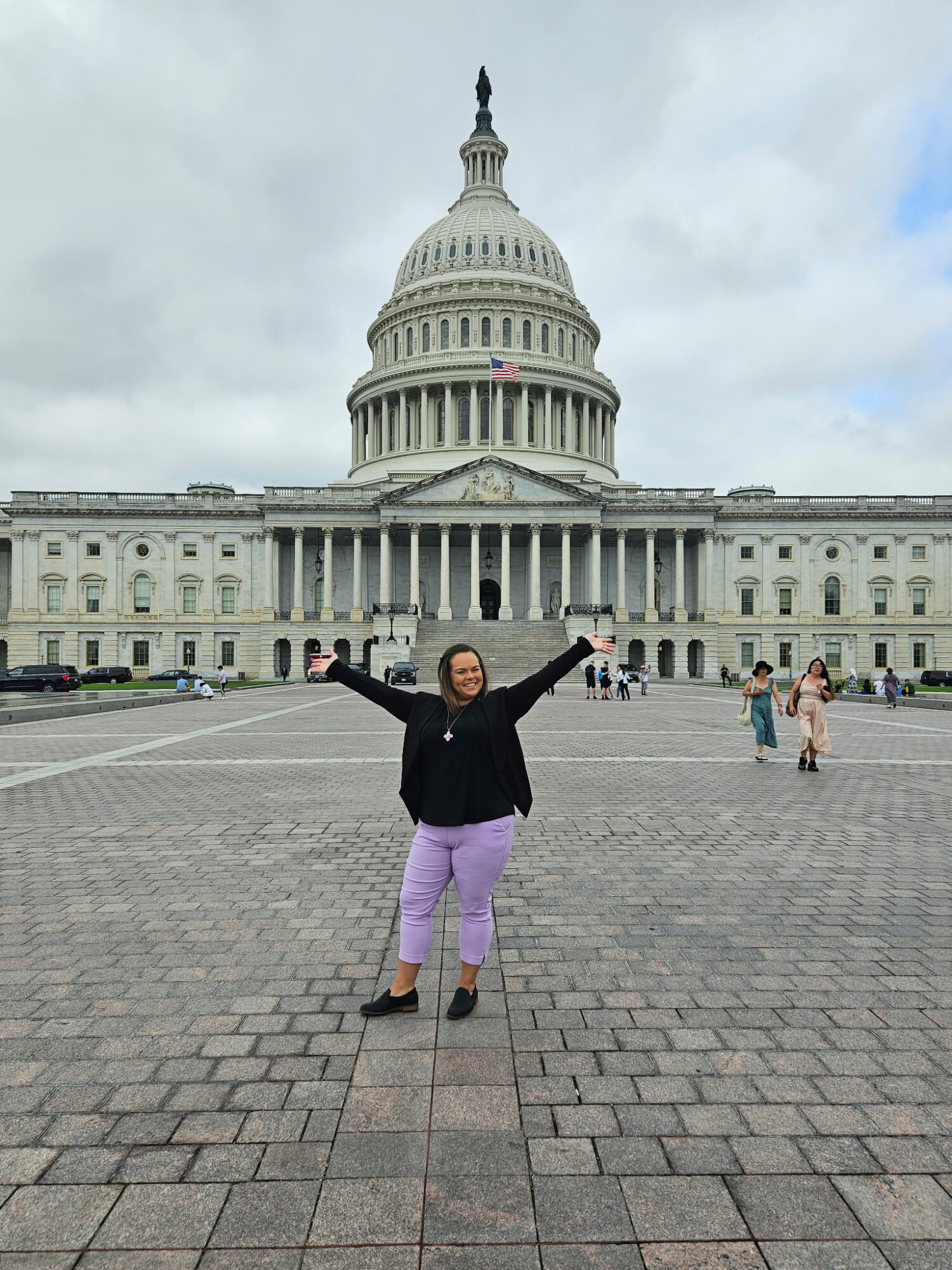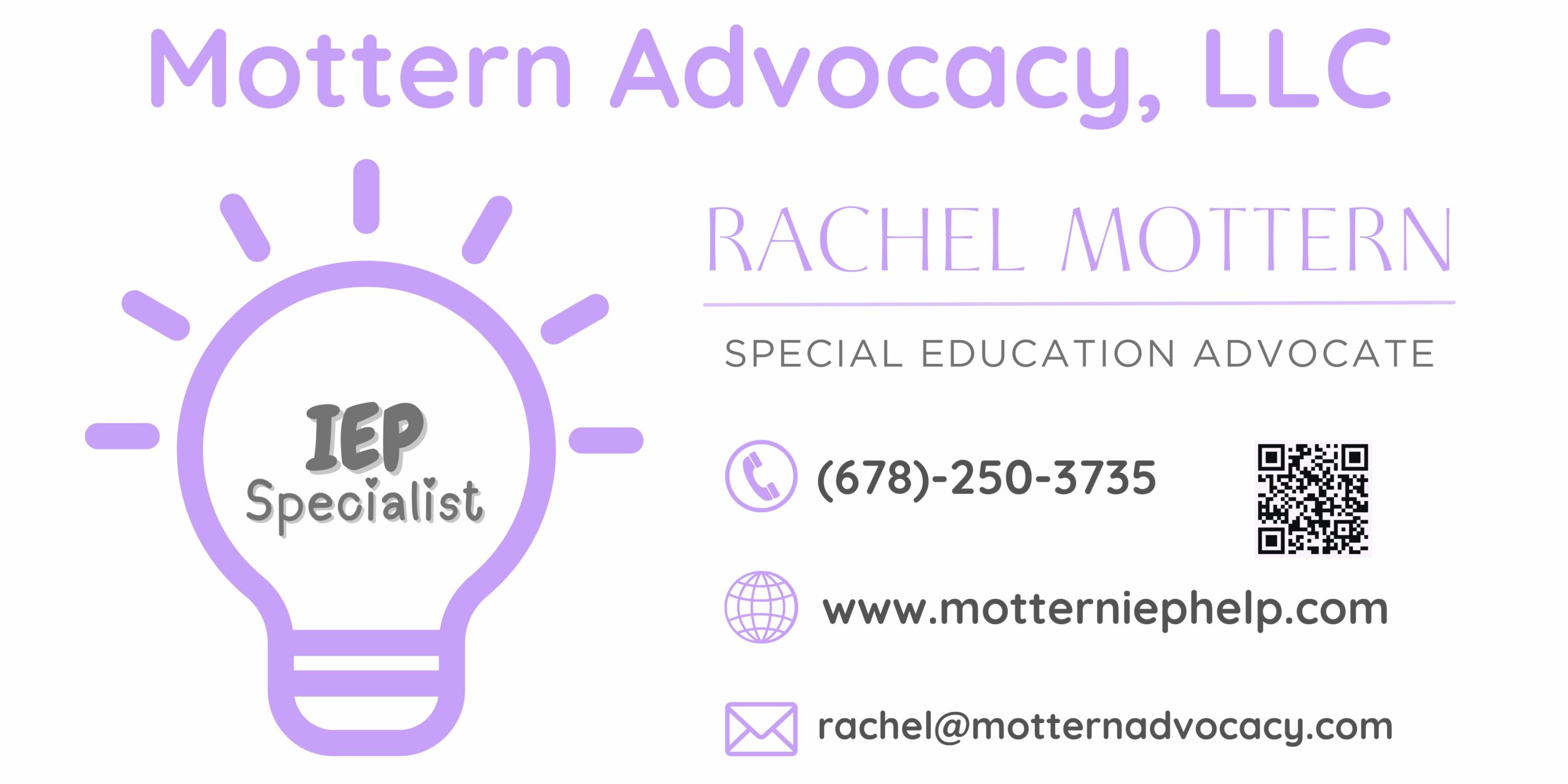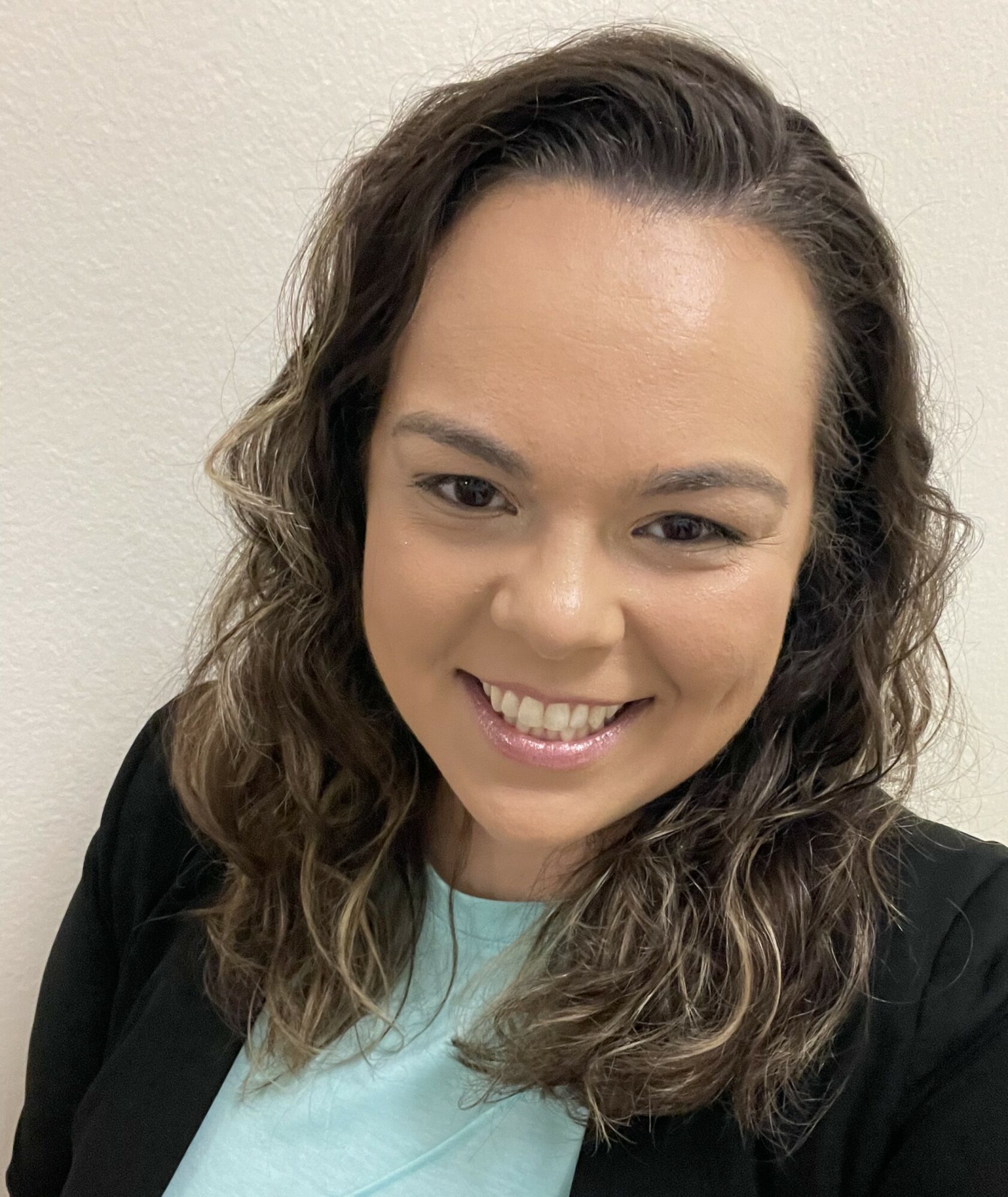

Today we’d like to introduce you to Rachel Mottern.
Hi Rachel, please kick things off for us with an introduction to yourself and your story.
I started this journey as the child who needed someone to believe in her. I was diagnosed with dyslexia, dysgraphia, and ADHD early in elementary school, and for years, I struggled in a system that didn’t know how to support me. Everything changed in fourth grade when my special education teacher, Mrs. Deborah Scott, believed in me before I believed in myself. She saw potential, gave me the tools to learn differently, and sparked a purpose I wouldn’t fully understand until years later.
I became a special education teacher because of her. I went on to earn my Master’s degree in Special Education from Vanderbilt University, with a focus on high-incidence disabilities and applied behavior analysis. I then spent nearly a decade teaching in both public and private schools, supporting students with a wide range of needs. But over time, I saw how overwhelmed families were—how often schools made decisions without clear data or an understanding of the law. I realized that while I could help my students inside the classroom, I could help more children by stepping outside of it.
That’s when I founded Mottern Advocacy.
Today, I work with families nationwide to navigate IEPs, 504 plans, evaluations, and services. My work is child-centered, data-driven, and grounded in both personal and professional experience. Because I’ve lived it, taught it, and now advocate through it—I bring a full-circle perspective that helps families move from confusion to clarity.
Can you talk to us a bit about the challenges and lessons you’ve learned along the way. Looking back would you say it’s been easy or smooth in retrospect?
Not even close—and honestly, I don’t think it’s supposed to be. I wouldn’t have found my calling without being thrown in the deep end at age five. School felt like being dropped into a swimming pool before anyone taught me how to swim—while everyone else was already doing laps. I couldn’t read. I couldn’t write. I couldn’t focus. I wasn’t just behind—I was gasping, flailing, trying to survive while being told to try harder, focus more, and just sound it out. And the worst part? I never felt smart—even though I’ve got the IQ scores to prove it.
When you’re fully aware that you’re significantly behind, that something is different, and no one around you can name it, it doesn’t just make school hard—it rewires how you see yourself. You don’t just feel like you’re failing. You start to believe you’re broken. That kind of disconnect—working harder than everyone else just to keep your head above water—doesn’t just affect your academics. It shapes how you see yourself, how you respond to others, and how you move through the world. The anxiety of never feeling good enough, the shame of always feeling behind—that doesn’t disappear with age. It settles in early and stays with you.
It wasn’t until I became a special education teacher that something in school finally came naturally to me. For the first time, I wasn’t drowning—I was gliding like Michael Phelps. Teaching—especially teaching students with disabilities—was the first time I didn’t feel like I had to fight just to keep up. But even though it clicked, I refused to coast. I poured everything I had into becoming the best special education teacher I could be, because I knew what it meant for a child to finally feel seen—and to be taught in a way that actually worked.
The more I saw behind the curtain, though, the more I recognized the system’s limits. I watched families get shut out, teachers burn out, and students fall through the cracks. I realized I could help more kids by stepping outside the classroom and into advocacy.
Starting my own business came with its own set of challenges—managing caseloads, setting boundaries, building something sustainable, and working through the imposter syndrome that comes with turning your calling into a career. But every challenge sharpened my focus, because every step brings me back to the girl who hadn’t learned to read… yet. She’s still part of me. And she drives everything I do.
The road hasn’t been smooth, but it’s been real—and it’s shaped me into exactly who I needed to become.
As you know, we’re big fans of Mottern Advocacy, LLC. For our readers who might not be as familiar what can you tell them about the brand?
I’m the founder of Mottern Advocacy, LLC, a nationwide special education advocacy practice rooted in one belief: every child deserves access to the education they are legally entitled to—and more importantly, the one they need.
I work with families navigating the special education process in public schools—IEPs, 504 plans, evaluations, service delivery, accommodations, you name it. My job is to make sure the law is known, the data drives conversation and decisions, and the child’s educational needs stay at the center of every decision. That might mean reviewing records, preparing documents, capturing parent input, and sitting in the IEP meeting and speaking directly on the parent’s behalf to ensure their child’s educational needs are appropriately addressed.
What sets me apart is how personal this work is. I’m not just an advocate—I’m someone with dyslexia, ADHD, and dysgraphia who’s lived both sides of the table. I’ve been the kid who struggled, the teacher trying to help, and now the advocate making sure kids don’t slip through the cracks. That full-circle experience means my approach isn’t just professional—it’s deeply personal, data-driven, law-informed, and unapologetically focused on equity.
Professionally, I’m most proud of building a brand that families can trust. Advocacy can feel overwhelming and intimidating, especially when parents are already stretched thin emotionally, mentally, and financially. Many come to me exhausted, frustrated, and unsure of what to do next. I’ve built a process that brings clarity, structure, and momentum to what often feels like chaos.
And most importantly, I step in so the parents don’t have to play the role of advocate—I want them to return to being a parent. The one cheering at the game, tucking their child in at night, and holding space for all the emotions—not navigating legal language or district red tape. I take on the hard conversations and the strategy, so they can focus on what matters most: showing up as mom or dad.
Whether I’m sitting at the table during an IEP meeting or reviewing a student’s records late into the night, my brand is about one thing: making sure the child with a disability is never lost in the process.
Can you share something surprising about yourself?
Before I was diving into IEPs, I was diving into the deep end—literally. I swam competitively for 12 years and was often on multiple teams at once (as long as they were in different leagues). While I lost a handful of races in other divisions over the years, from 2008 to 2009, I swam for Murphy Candler Pool—then part of the DeKalb County Parks & Recreation Swim League—and didn’t lose a single race. Over two summers and more than 50 races, I went undefeated. I’ve got the blue ribbons and five gold medals to prove it. My dad still jokes that I’m a five-time DeKalb County Rec League Champion.
These days, I’ve traded blue ribbons for wins at the IEP table—but the competitive streak is still going strong. I may not be doing flip turns anymore, but I still show up ready to fight for kids with disabilities. Whether it’s a 500-meter freestyle or a two-hour IEP meeting, I know how to hold my lane, stay focused under pressure, and finish strong.
Contact Info:
- Website: https://motterniephelp.com/
- Instagram: https://www.instagram.com/motterniephelp
- Facebook: https://www.facebook.com/61559795258514/
- LinkedIn: https://www.linkedin.com/company/mottern-advocacy-llc/
- Youtube: https://www.youtube.com/channel/UCX0rz66Vg3j64RW0I2scMqw
- Other: https://linktr.ee/MotternIEPHelp
